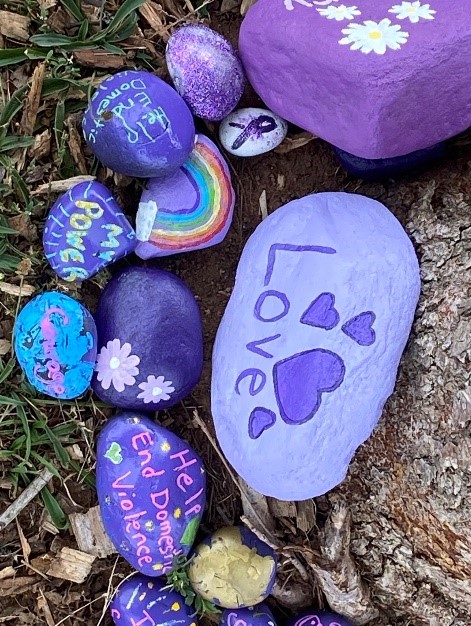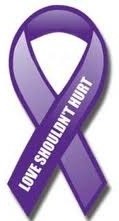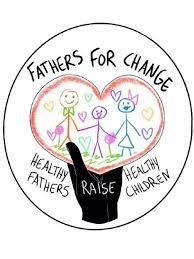Father Addressing Domestic Violence Gets a Second and Better Chance
 The 38-year-old father needed a second chance to prove that he had overcome the issues that led to two domestic violence incidents and court orders requiring him to leave the home temporarily he shared with his three children and their mother.
The 38-year-old father needed a second chance to prove that he had overcome the issues that led to two domestic violence incidents and court orders requiring him to leave the home temporarily he shared with his three children and their mother.
But what Luis is getting is not just a second chance -- but a better chance.
That's because in the 10 years between incidents, the Department of Children and Families (DCF) has established a much more robust approach to addressing domestic violence through a program called "IPV-FAIR" or Intimate Partner Violence - Family Assessment Intervention Response.
IPV-FAIR is a comprehensive treatment program that provides in-home and community based clinical and case management services to all members of a family involved with DCF and experiencing intimate partner violence. Each family will work with a team of a clinician and "family navigator" (case manager) to address identified needs.
 Luis said following the first incident back in 2009, he was provided anger management class with a group of other men in similar situations.
Luis said following the first incident back in 2009, he was provided anger management class with a group of other men in similar situations.
"It was group counseling," he said. "It wasn't individualized." Now, Luis has his own counselor that meets with him each week one on one. He also receives substance use treatment.
"I feel better and more motivated because of the one-on-one individual focus," he said. "The counseling I am getting is so much more detailed and helps me through much more specific scenarios" that prepares him to control both his emotions and behavior.
The first domestic violence incident between Luis and his children's mother was in December 2009. "We got into a heated altercation and it got physical," he said. "I take responsibility. I'm not proud of that moment." Police responded and Luis was arrested.
"We were arguing, and I let my anger get the better of me," he said. "I was out of the house for a while." That meant he was separated from the three children -- two girls and one boy ranging in age from one to three years old at the time -- that he had with the mother.
DCF made the anger management classes available for him. They were helpful to a point, he said. He said the class did help him find coping mechanisms and learn what his triggers were. He was allowed to return to the family home in 2010. There were no more domestic violence incidents, he said, but then the couple separated in 2017. They reconciled in 2019, and Luis returned to the home.
Then in May 2021, Luis came home from a night out and an argument ensued between him and the mother. "I came home drunk and let the alcohol talk for me," he said. "In the heat of the moment, I let my emotions overcome my judgement. I was upset and I let it get to the point where it was a big mistake."
The incident resulted in Police involvement leading to a report to DCF.
 This time, however, DCF was able to provide a much more comprehensive response that addresses the needs of everyone in the family, including the mother and children. DCF connected Luis to Family Centered Services of Connecticut, a non-profit organization that offers a program called "Fathers for Change." Read more about the program here.
This time, however, DCF was able to provide a much more comprehensive response that addresses the needs of everyone in the family, including the mother and children. DCF connected Luis to Family Centered Services of Connecticut, a non-profit organization that offers a program called "Fathers for Change." Read more about the program here.
Luis said the individualized weekly counseling has provided him with coping mechanisms and healthy ways to respond to stress.
In addition, the personalized counseling has also really taught him what impact he is having on his children. "I've learned about how abuse can take many forms and it's not just physical," he said. Further, the understanding he gained from the individualized counseling has provided insights on the impact of his behaviors on his children. Importantly, because the second incident involved alcohol, Luis just completed substance use treatment offered through Fathers for Change.
"People are going to argue," Luis said. "It's how you get through it together, so things don't escalate by finding ways to sit down and talk. If you can talk, you get it out of your system, and you move forward."
Luis says he has been sober since that incident.
"I've learned to not let things get the better of me," he said, adding, "Now, I let the words do the talking."
Luis said one big reason that Fathers for Change is effective is its reliance on the father's desire to parent his children as the motivation for change.
"It makes me realize that my children need me to be a role model and a loving father -- someone they can trust and rely on," he said. "The program builds on my desire to be the best person and best father in their eyes. I can be that first phone call when they grow up to be there as their father and role model."
Luis said when he was growing up, he did witness his father hitting his mother. But he does not make excuses.
"Being truthful, taking responsibility and being accountable makes all the difference," he said. "Accept your responsibility, learn from the experience and move forward. At the end of the day, I am the one who did it."

